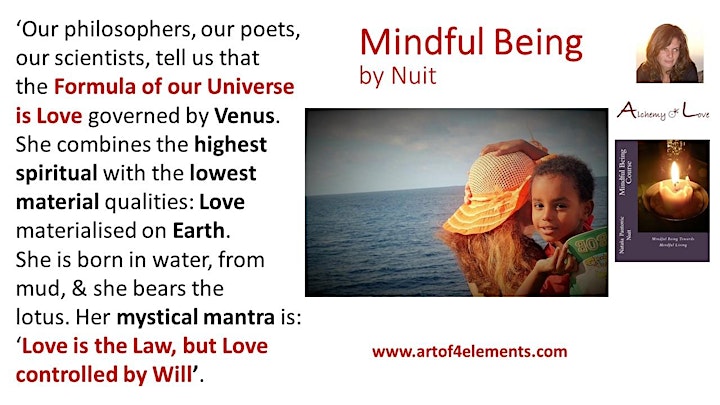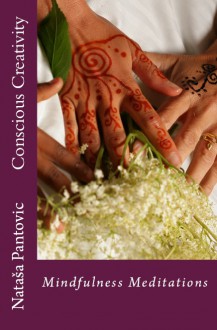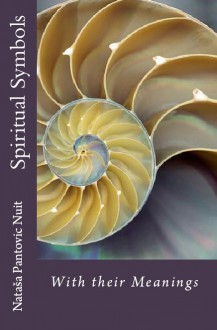Learnings from Plato's RepublicArt, Education, Power of Mind
History repeats itself and Plato about Arts
History repeats itself. And people forget about history. There is no easy fix. It is easy to think that wars are in the past, that society has changed and it will never happen again. As memory fades, Gaia’s events from the past can become events of the present. The more things change, the more they stay the same. What we are seeing is that ‘digital’ acts as a magnifier, and accelerator. The problem is still the same. The isolation of East and West, North and South. Wealth inequality is a social and civic conversations that is not new but that has been catalysed through digital media.
Manuscript from the 300 AC, containing fragments of Plato's Republic.
Plato in the Republic rejects any form of illusionism in art. He calls it mimesis or ‘imitation’. This has also created a question what is the Greek word “mimesis”? And why does this matter?
What we have not full knowledge of, we cannot reproduce. Presumably this is the reason why all the monotheistic religions (Protestant Christianity, Islam, Judaism) had an explicit problem with art and artists trying to imitate the knowledge of god, its image, his son, soul, Universe, etc. The imitation occurs in many instances, when an artist uses a portrait of a dead person to recreate his-own interpretation of the person. But Plato goes beyond it.
Art and Manipulation
Only through the direct observation one can exercise an ability to learn, observing the reality through the eyes of others, through movies, cartoons, or even just through reading books can become dangerous and manipulated.
Title page of the oldest manuscript: Paris, Bibliothèque Nationale, 1807



 Log in with Facebook
Log in with Facebook 














